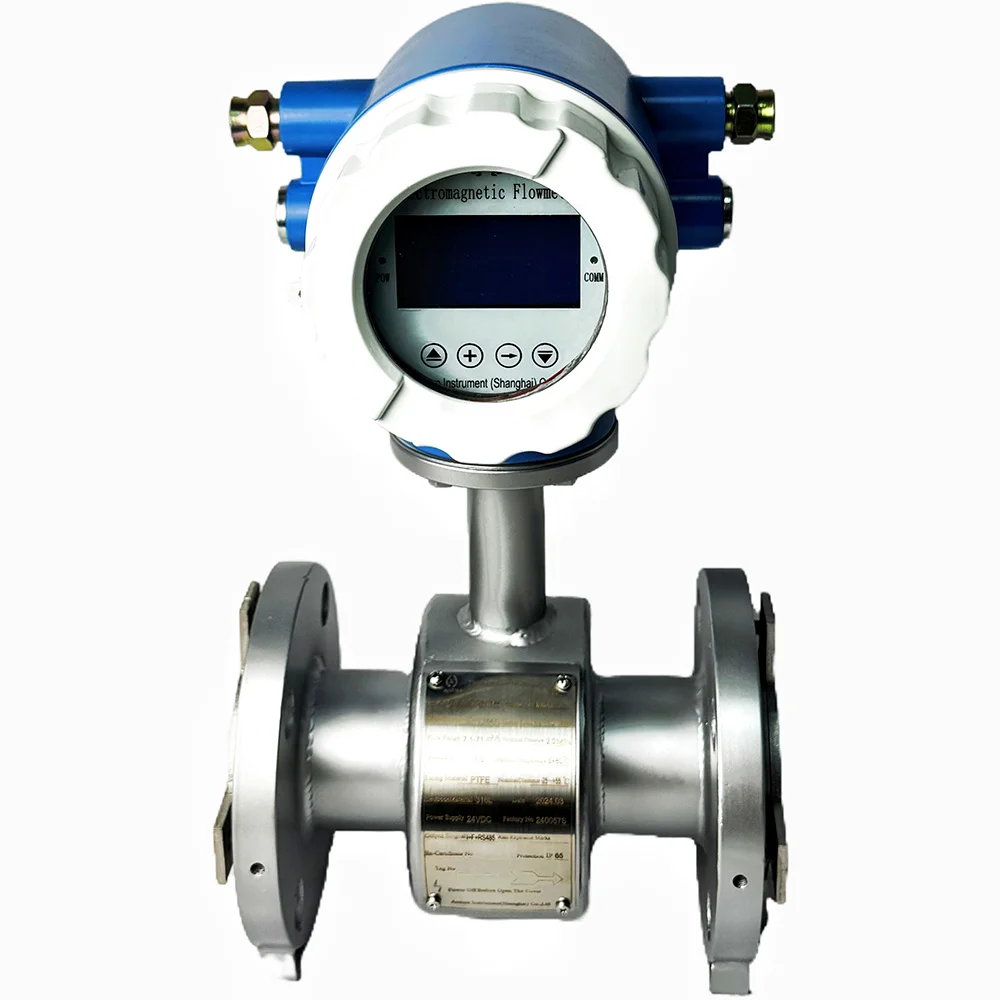Navigating the Tax Terrain: Do You Have to Pay Property Taxes on a Camper?
When it comes to owning a camper, many enthusiasts are drawn to the freedom and adventure it represents. However, as with any significant investment, there are financial implications to consider, particularly regarding property taxes. This article delves into the complexities of whether you need to pay property taxes on a camper, examining various factors that influence this obligation.
Understanding Property Taxes
Property taxes are levies imposed by local governments on real estate properties, which can include land, buildings, and sometimes personal property. The primary purpose of these taxes is to fund public services such as education, infrastructure, and emergency services. However, the classification of a camper—whether it is considered personal property or real property—can significantly affect tax obligations.
Classifying Your Camper: Personal vs. Real Property
The classification of your camper is crucial in determining whether property taxes apply. Generally, campers are categorized as personal property, similar to vehicles. However, certain conditions can change this classification:
- Permanent vs. Temporary Setup: If a camper is permanently affixed to a piece of land (for example, if it is connected to utilities and used as a primary residence), it may be classified as real property. In this case, property taxes could apply. Conversely, if the camper is mobile and used primarily for recreational purposes, it is likely considered personal property, which may not be subject to property taxes.
- State and Local Regulations: Tax laws vary significantly by state and municipality. Some states impose property taxes on campers, while others do not. It is essential to consult local tax authorities or a tax professional to understand the specific regulations in your area.
- Usage and Registration: How you use and register your camper can also influence tax obligations. For instance, if you register your camper as a vehicle, you may be subject to vehicle taxes rather than property taxes. However, if you use it as a residence, different rules may apply.
Tax Implications of Camper Ownership
- Sales Tax: When purchasing a camper, buyers typically pay sales tax. This tax is based on the purchase price and varies by state. It is essential to factor this cost into your overall budget when considering a camper purchase.
- Personal Property Taxes: In some jurisdictions, campers are subject to personal property taxes. These taxes are usually assessed annually and based on the camper's value. Owners should be aware of their local tax rates and any exemptions that may apply.
- Local Regulations and Fees: Beyond property taxes, some local governments impose additional fees for camper ownership, such as registration fees or campground fees. Understanding these costs is vital for budgeting and financial planning.
Exemptions and Deductions
In certain cases, exemptions or deductions may apply to camper owners. For example, some states offer exemptions for campers used for specific purposes, such as agricultural use or as a primary residence. Additionally, if your camper is classified as a vehicle, you may be eligible for deductions related to vehicle expenses on your income tax return.
Conclusion: Staying Informed and Compliant
In summary, whether you have to pay property taxes on a camper depends on various factors, including its classification, local regulations, and how you use it. To avoid unexpected tax liabilities, it is crucial to stay informed about your local tax laws and consult with professionals when necessary. By understanding the nuances of camper ownership and taxation, you can enjoy your adventures with peace of mind, knowing you are compliant with all financial obligations.






